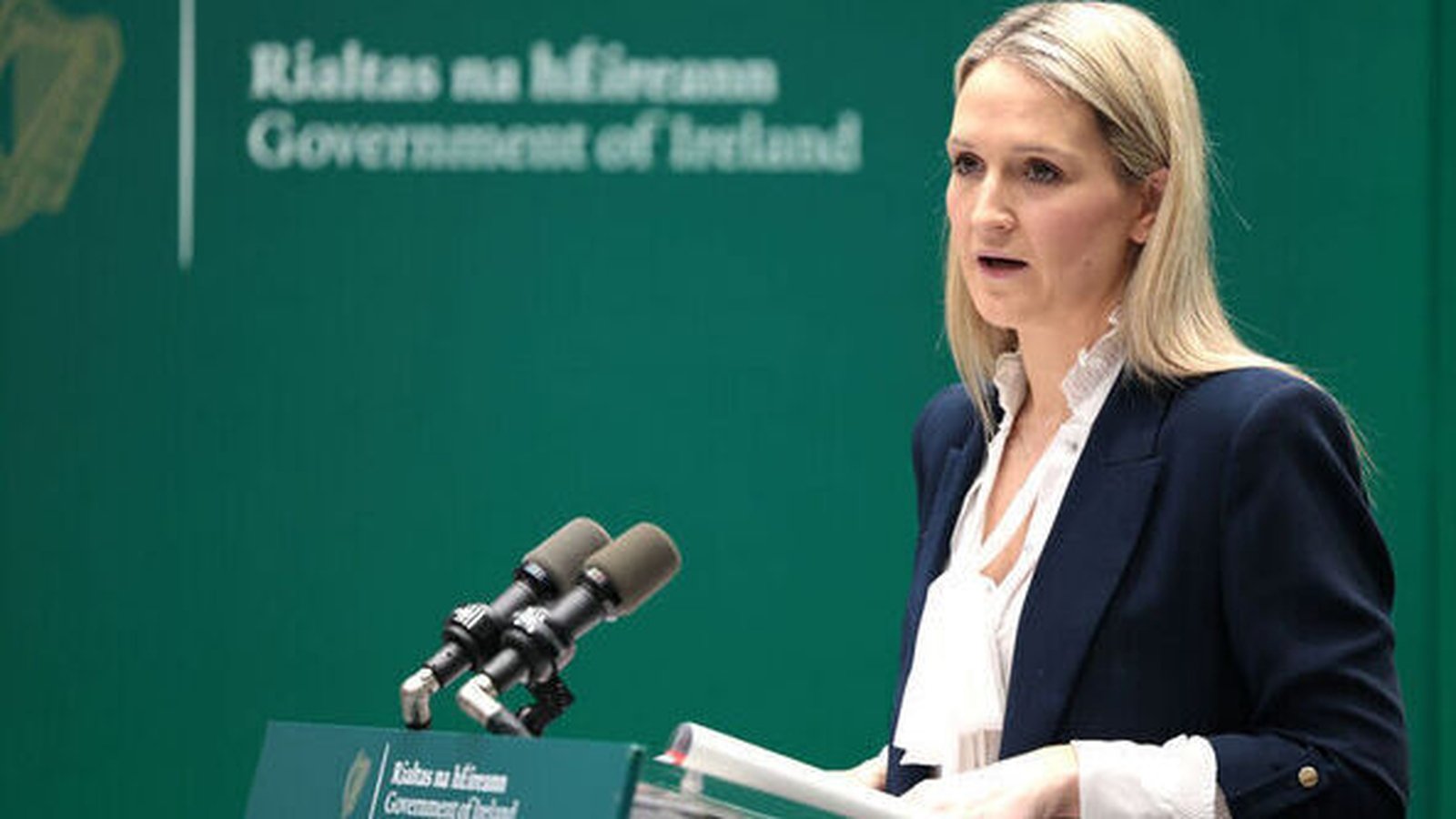World
McEntee plans five additions to ‘safe’ countries list

Five further countries are to be added to Ireland’s life of “safe countries”, under plans to be brought to Government by Minister for Justice Helen McEntee.
International protection applications from the countries – which have yet to be named – will be accelerated from this Wednesday, following an “extensive” review.
The designation of a state as a “safe country” of origin does not mean that a person cannot apply for international protection.
However, it places an onus on the applicant to demonstrate why, and by way of exception, they are in need of protection.
It means that asylum applicants from the countries will be subject to accelerated processing, and will have their cases considered, and decisions issued within a maximum of 90 days.
Safe countries of origin are countries where it can be shown that that there is generally and consistently no persecution, no torture or inhuman or degrading treatment, and no threat by reason of indiscriminate violence.
There are currently ten countries on Ireland’s list, which began in November 2022.
They are Albania, Algeria, Bosnia and Herzegovina, Botswana, Georgia, Kosovo, North Macedonia, Montenegro, Serbia, and South Africa.
The Department of Justice has said that the introduction of accelerated processing has had a “significant” impact on the number of applications from those countries, which have dropped by over 50% since the measure was introduced.
Figures from the Department of Integration show that as of 23 June, most applications for international protection were from Nigeria (6,230), with an average of 45 arrivals each week.
Nigeria is then followed by Georgia (3,510) and Algeria (3,026) – both of which are on the list.
Algeria, alongside Botswana, was added at the beginning of this year.
Since their addition, the Department of Justice has said that international protection applications from both countries have fallen by 71%.










